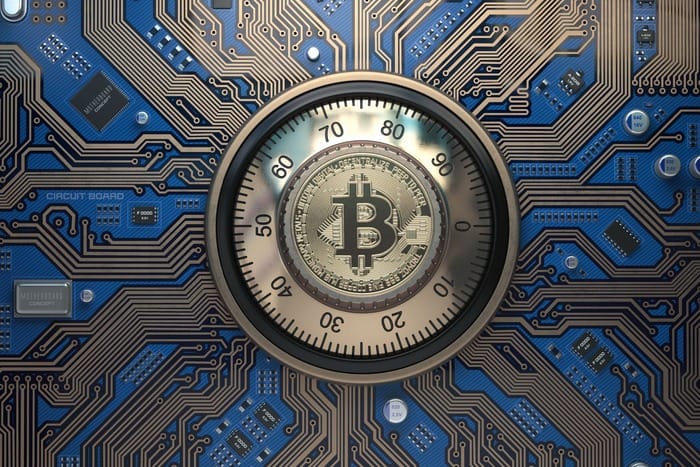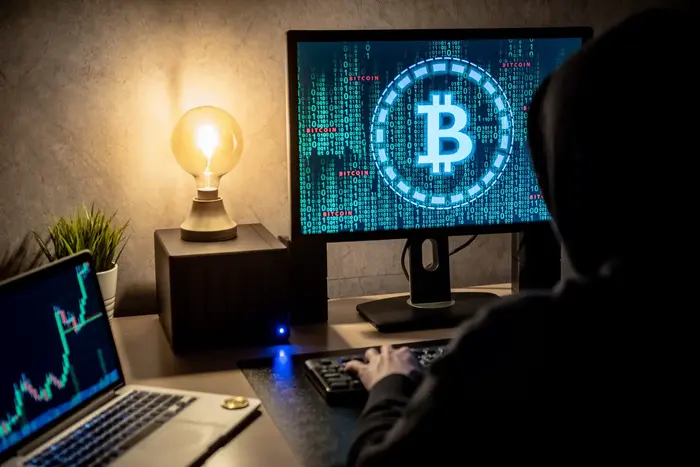
With the increasing popularity and value of cryptocurrencies, the need for robust security measures has never been greater. This article explores the importance of cryptocurrency security and provides insights into safeguarding your digital assets.
Stay informed about the ever-changing oil market with the latest updates from oiltraderai.com.
The Rise of Cybersecurity Threats
As cryptocurrencies have gained mainstream attention, they have also attracted the attention of cybercriminals. Hacking attempts, phishing schemes, and malware attacks have become common threats in the cryptocurrency space. It’s crucial for cryptocurrency holders to be aware of these risks and take proactive steps to protect their assets.
Secure Wallets
Cryptocurrency wallets are essential tools for storing and managing digital assets. There are two main types of wallets: hot wallets and cold wallets. Hot wallets are connected to the internet and are more susceptible to online threats, while cold wallets are offline and offer enhanced security.
Hardware wallets, a type of cold wallet, are highly recommended for long-term storage of cryptocurrencies. They provide an extra layer of protection by keeping private keys offline, making it nearly impossible for hackers to access your funds.
Two-factor authentication (2FA)
Enabling two-factor authentication adds an extra layer of security to your cryptocurrency accounts. 2FA requires you to provide two forms of verification before gaining access to your wallet or exchange account. This can include something you know (like a password) and something you have (like a one-time code generated by a mobile app).
Phishing Awareness
Phishing attacks involve tricking users into revealing their private keys or login credentials through fraudulent websites or emails. Always double-check the web address of cryptocurrency-related websites, and be cautious of unsolicited emails or messages requesting sensitive information.
Software Updates
Regularly updating your wallet software and any other cryptocurrency-related applications is crucial. Developers often release updates to patch security vulnerabilities, and using outdated software can expose you to unnecessary risks.
Secure Networks
Avoid accessing your cryptocurrency accounts on public or unsecured Wi-Fi networks. Using a virtual private network (VPN) can add an extra layer of security when connecting to the internet.
Backup Your Wallet
Create backups of your wallet’s private keys and store them in secure locations. This precaution ensures that you can recover your assets in case your wallet is lost, stolen, or compromised.

Be Wary of Scams
Cryptocurrency-related scams are widespread. Always exercise caution when presented with investment opportunities that promise guaranteed returns or sound too good to be true. Conduct thorough research and seek advice from trusted sources before making any investment decisions.
Stay Informed
The cryptocurrency landscape is constantly evolving, and new security threats may emerge. Staying informed about the latest security practices and threats is essential for protecting your digital assets.
Seek Professional Advice
If you are unsure about how to secure your cryptocurrency holdings or need assistance with security measures, consider seeking guidance from cybersecurity professionals or experts in the field.
In conclusion, safeguarding your cryptocurrency assets is paramount in the digital age. By following best practices and remaining vigilant, you can significantly reduce the risk of falling victim to cyber threats and ensure the security of your valuable digital assets.